Sonia Ruthèle Novák - 3 Short Poems (1925-1932)
Forgotten Poems #116 || Reissue #20
—: Strawberries :— My kisses Are drowsy, honey-colored bees. My thoughts of you Are sweetgrass baskets Lined with dewy leaves. Your words Are wild strawberries To my insatiate ears. Crushed strawberries Leave indelible stains.
—: A Dream Garden :— Do you ever dream of a garden With flagstone paths And a lily pond— A garden with old-fashioned flowers and new? Do you dream of a baby that prattles among them? I do!
—: Calendars :— The dust-grain is an embryo of stars, And stars are future grains of dust, for time Is not. The senses feel the changes prime Their moves and call it so. Our calendars Are transient booths in transient gnat bazaars To be destroyed in evolution's climb From out the phases now achieved of slime; And in destruction, wreak no jot that mars The mighty scheme of oneness. Merge and merge A hundred billion times or more, we serve Colossal ends that bolt the spheres and surge To rest upon a needle's point! No swerve Can separate us from the central urge, When every straight-hewn line is but a curve.
Sonia Ruthèle Novák (p. 1923-27, etc.) “was educated in the South. Her poems in the Atlantic Constitution attracted national attention and won the highest critical praise. A book of verse, under the title Winds of the Moon, was published last year.” (The Century, 1929) “The Fifth Avenue Bookshop, at the Hotel Brevoort, New York City… is conducting a series of poetry readings. On February 13th our contributor, Sonia Ruthèle Novák, will read a program of her own poems after an introduction by J. Allen Dunn.” (Contemporary Verse, 1927)
Like many shorter free-verse poets of the 1910s and 20s—Yone Noguchi, F.S. Flint, Edward Storer, Hilda Doolittle, Amy Lowell, Ezra Pound, William Carlos Williams, M.R. Lowe, et al.—while Novak works comfortably in traditional forms like the sonnet, in some of her poems Novak appears to be drawing on Japanese tanka and haiku structures, whether directly or indirectly. ‘Strawberries’, for instance, neatly breaks into two strikingly tanka-esque stanzas of 5-lines each;
My kisses Are drowsy, honey-colored bees. My thoughts of you Are sweetgrass baskets Lined with dewy leaves.
Compare this to W.G. Aston’s popular tanka translations from 1899;
My love is thick As the herbage in spring, It is manifold as the waves That heap themselves On the shore of the great ocean.
—: After Sonia Ruthele Novak :—
by Dick Whyte
& now
i can’t remember
the exact shade
of pinkish-purple
scattered
through the colourless
clouds—
& even if i could
some things
bear repeating—
we each have
our own dusk
to tend
to—
Forgotten Poets Presents:
Forgotten Poems, a living anthology of obscure and out-of-print poetry from the late-1800s and early-1900s. Explore the archives:
The Origins of Haiku Part 2 - Tanka
Last week we talked about chōka (lit. ‘long poem’) and hanka. This week we are taking a closer look at the history of Japanese tanka (lit. ‘short poem’), the great-grandparent of haiku (and next week, a range of other short poetic forms). Tanka is a 5-line form of poetry...
Alice Dunbar Nelson - 5 Short Poems (1895-1929)
—: If I Had Known (1895) :— If I had known Two years ago how drear this life should be, And crowd upon itself all strangely sad, Mayhap another song would burst from out my lips...
More poems about kissing . . .
Helen Birch Bartlett - 6 Short Poems (1917-27)
—: October in Illinois :— October— A blood-red line, Low in the western sky— Grey everywhere— Cold and clear The frozen yellow fields— Nearness and distance interchangeable...
More poems about gardens . . .
Margie-Lee Runbeck - 4 Short Poems (1921-26)
“Learning is rebellion… Every bit of new truth discovered is revolutionary to what was believed before...
More poems about children . . .
Claire Bu Zard - 3 Short Poems (1917-1921)
—: A Question :— Did you ever lie in a man’s arms and hate him; And mend your children’s clothes And look out across the front lawn And wonder dully what you’d get for lunch...
More poems about the universe . . .
Helene Mullins - 6 Short Poems (1921-1928)
—: The Importance of Being :— I am but a fragment Of the universe. Yet I am not so insignificant, For without me There would be a tiny crevice In the great bowl...




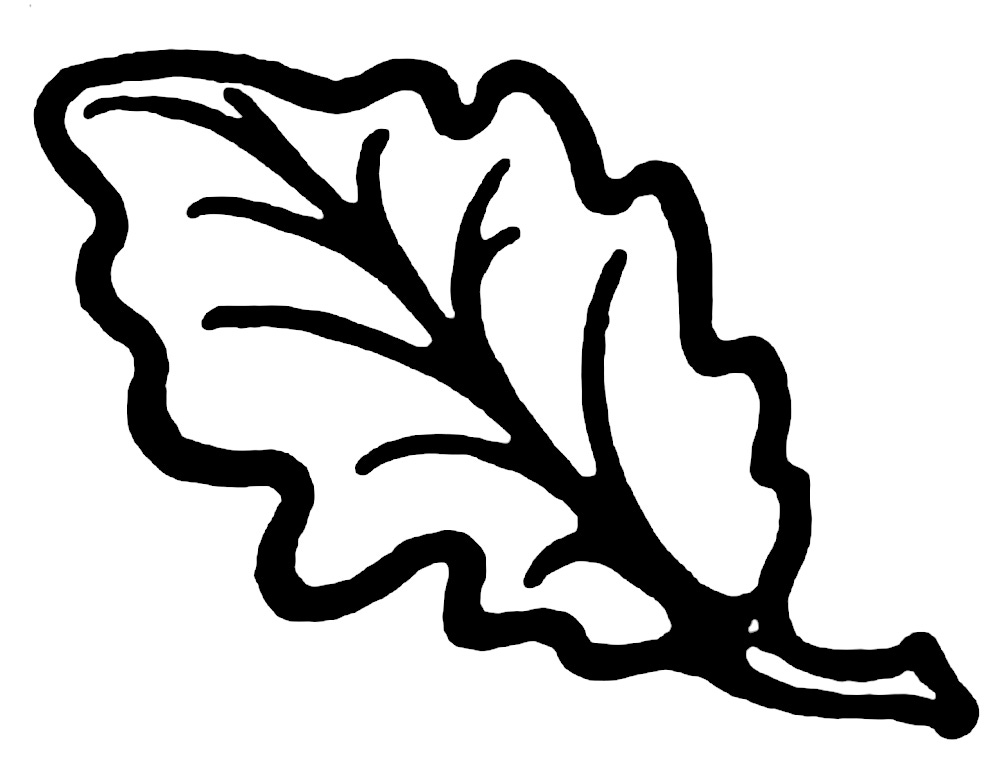





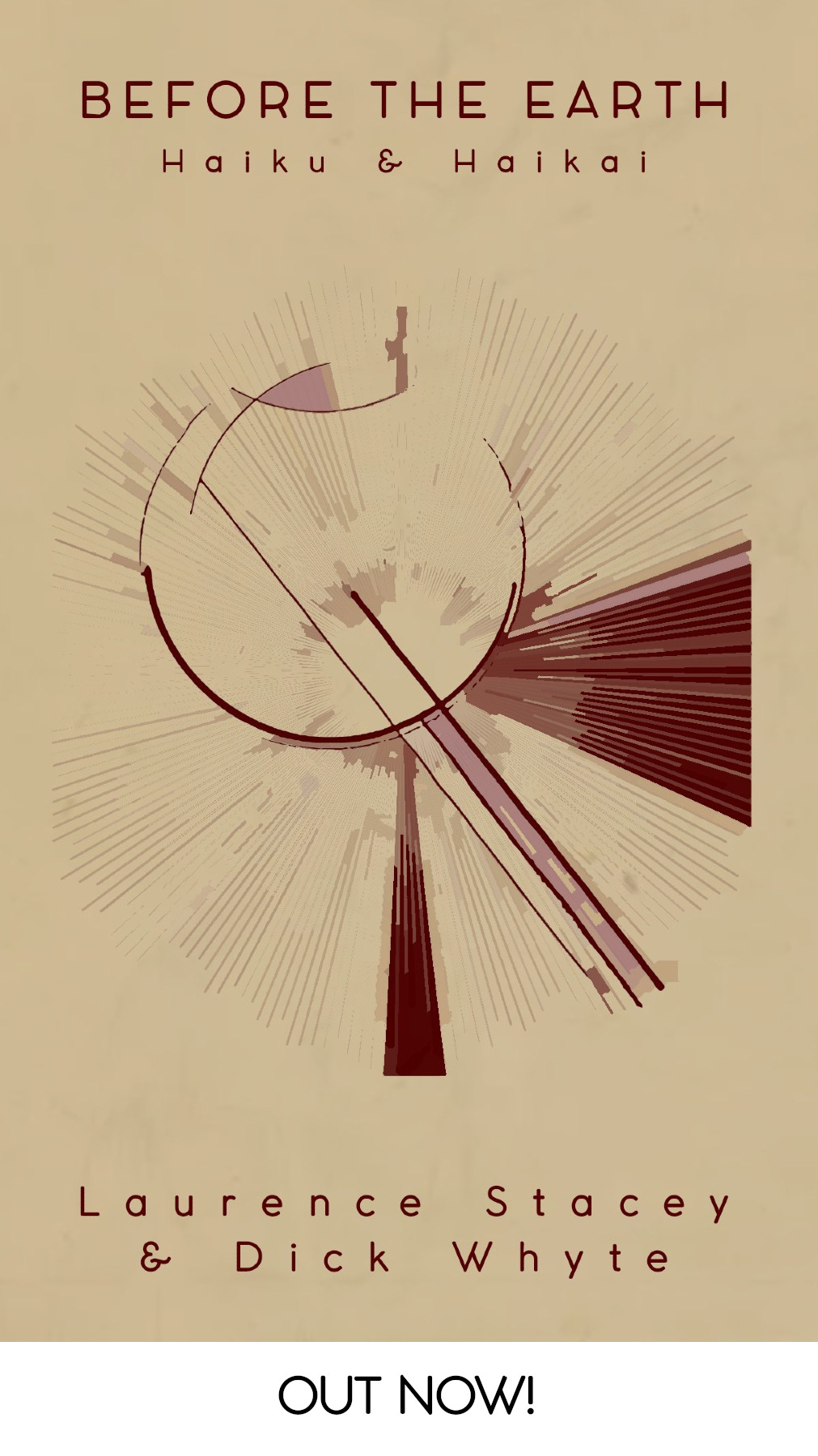
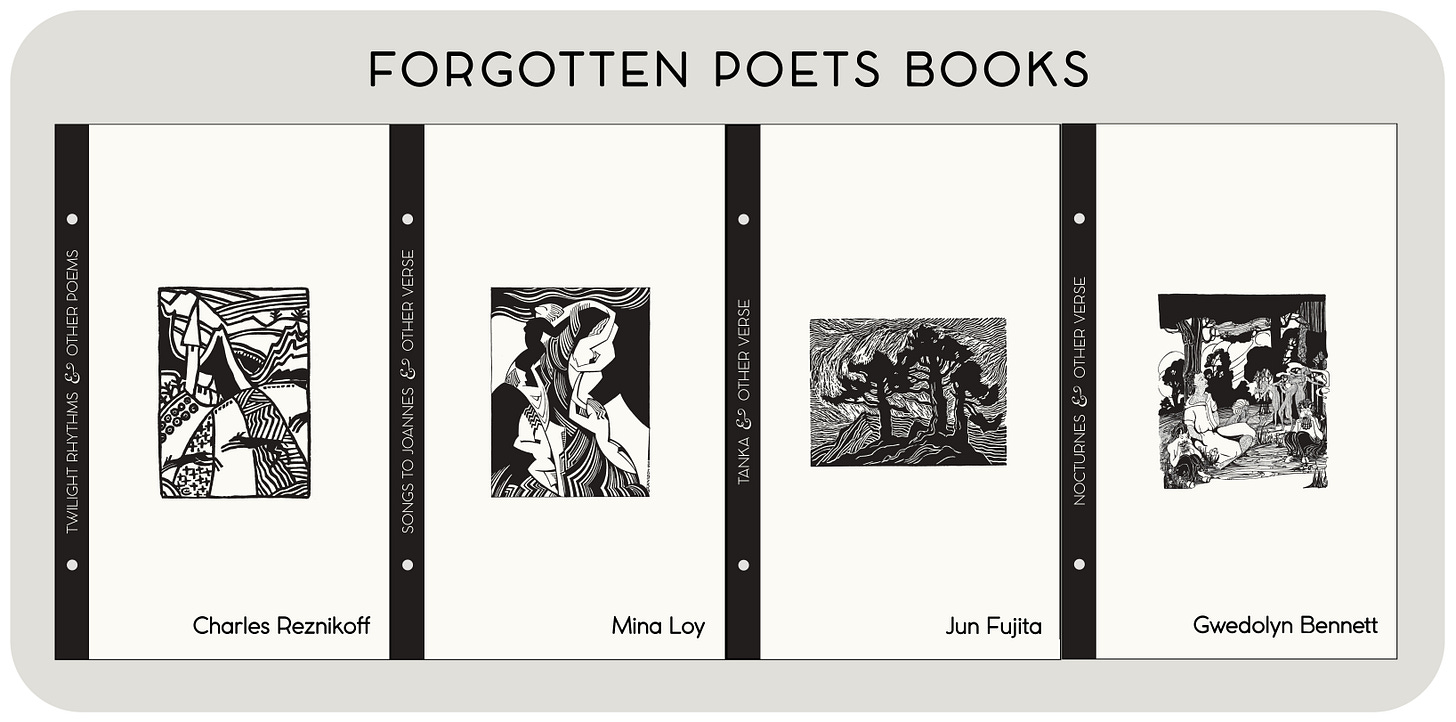


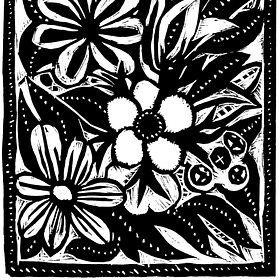
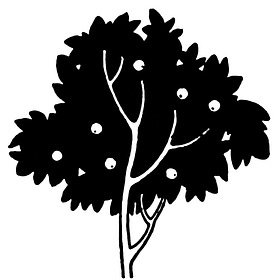


Your own poem is a marvel to behold.
Your poem is beautiful, Dick. Had to read it a couple of times.
Sonia seems to have been a very bright spirit, judging from her words. Light but impactful...